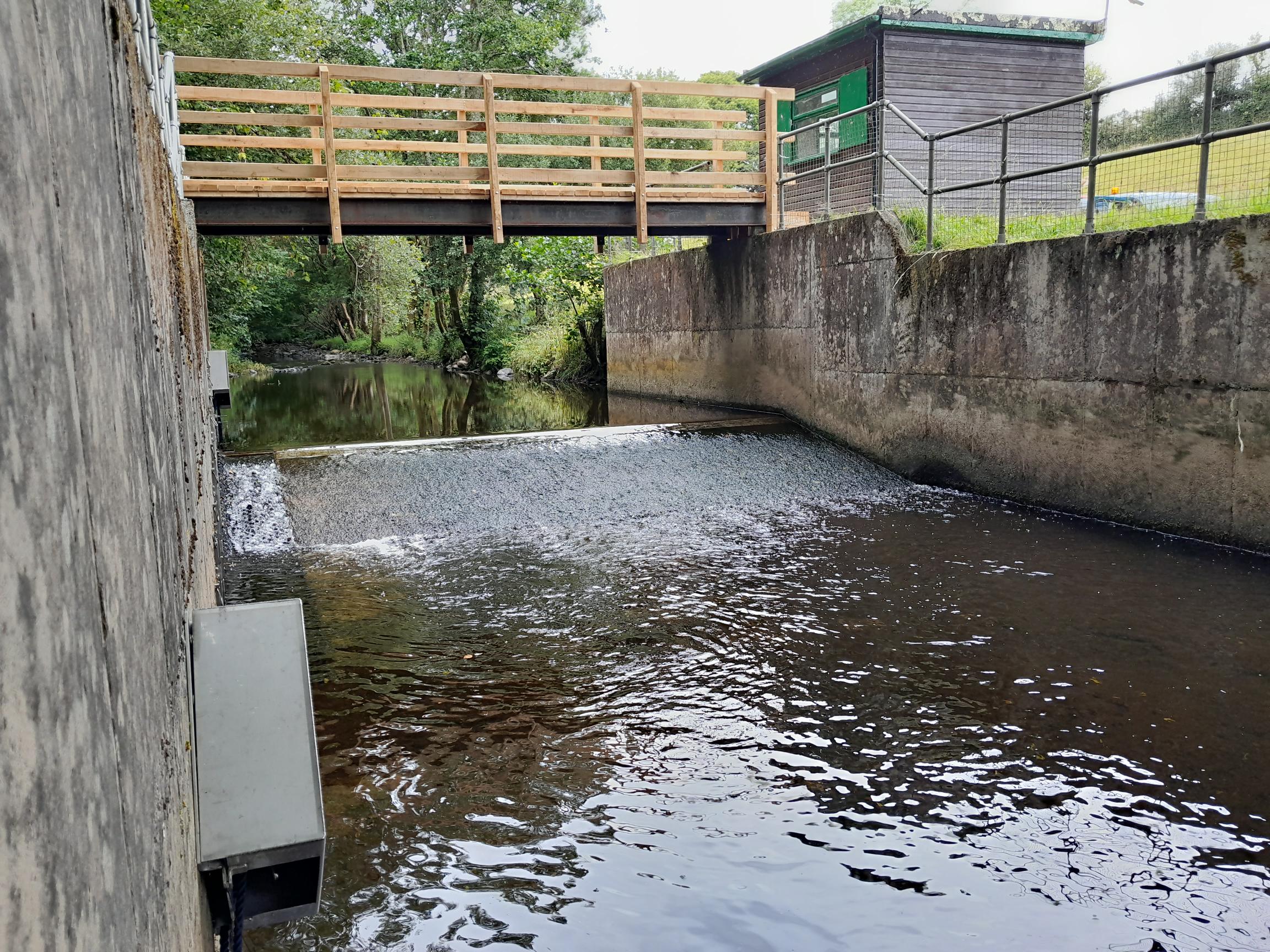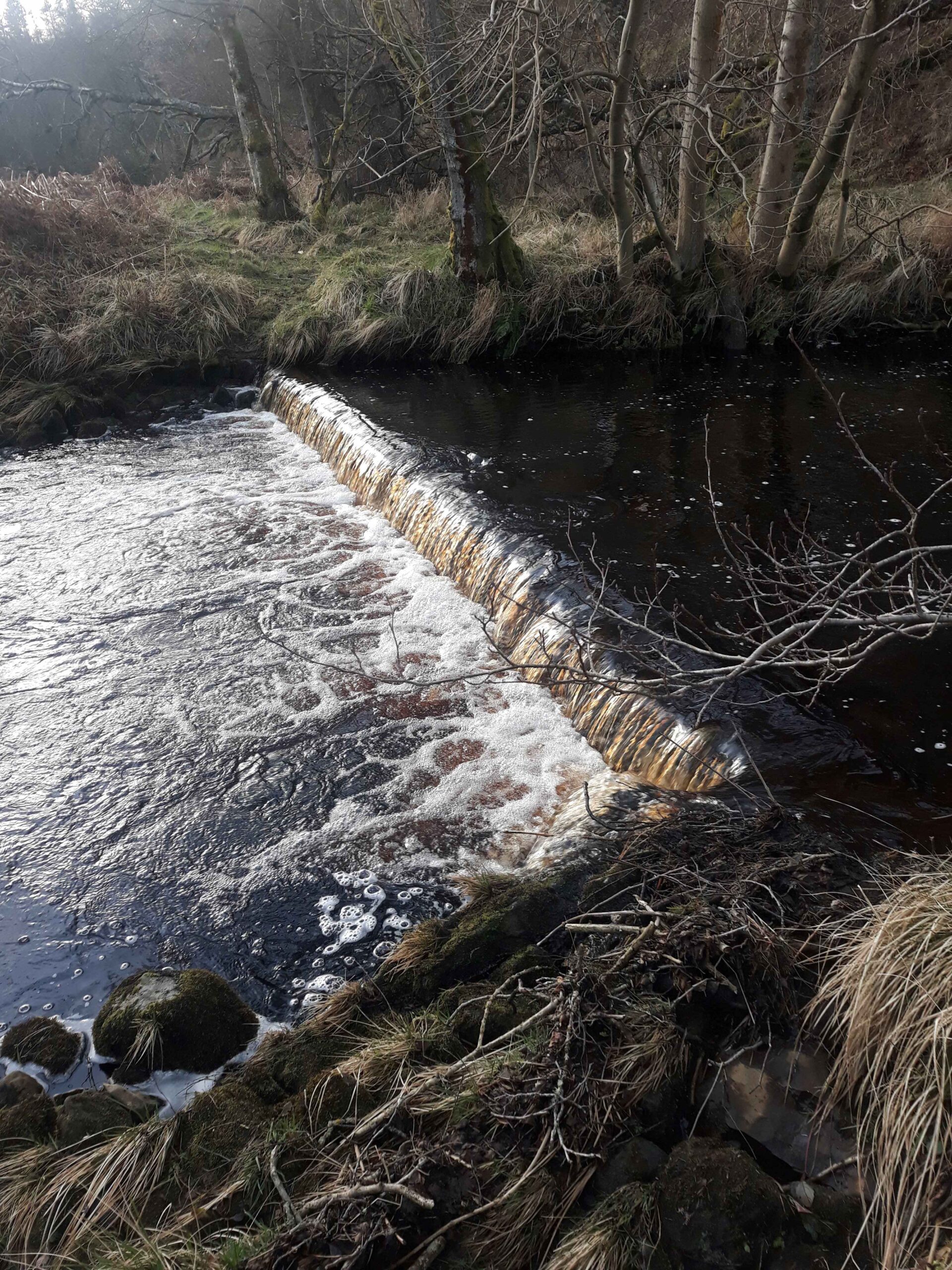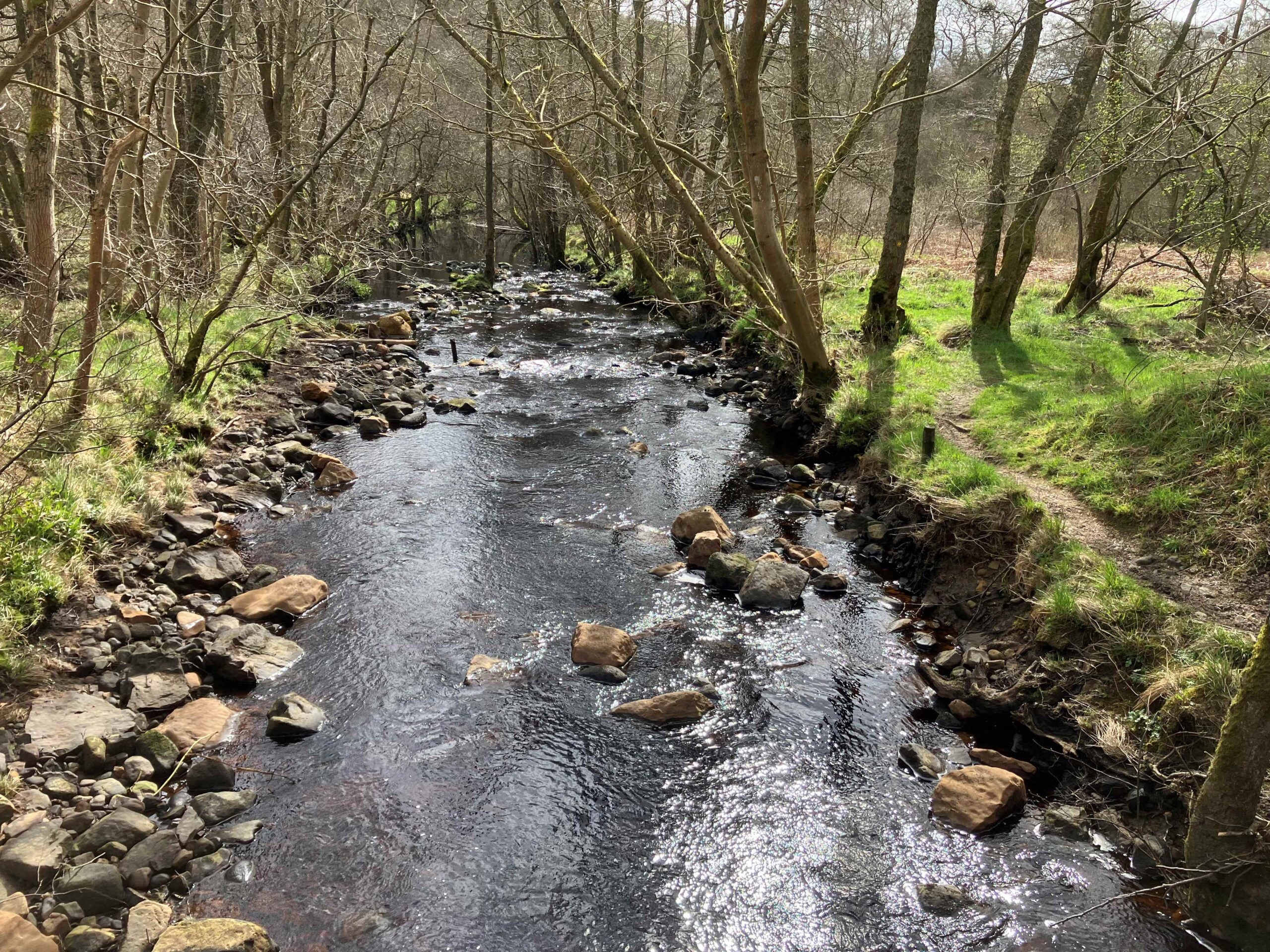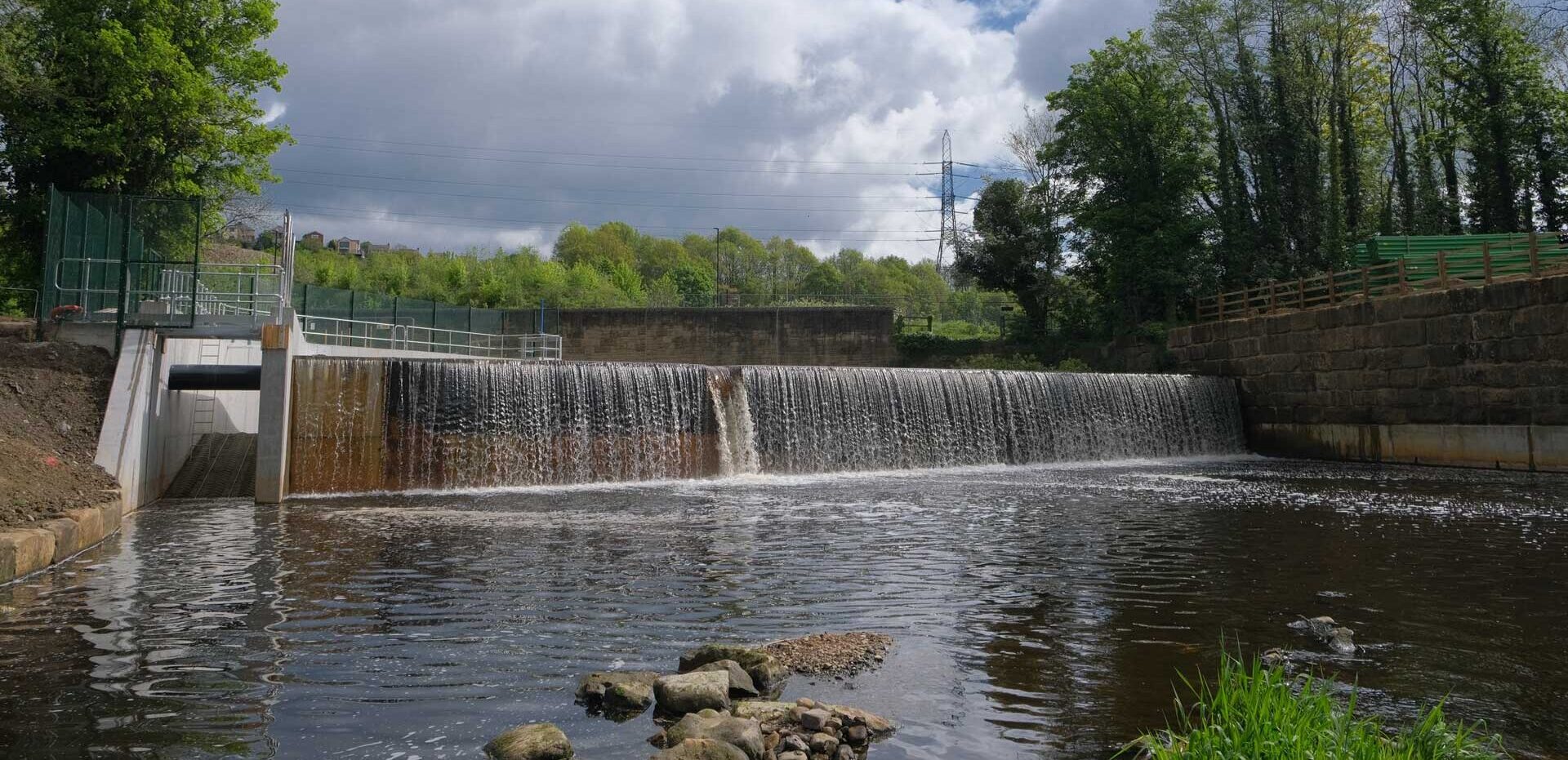Through our wide range of hydroecology services, we're committed to raising the issue of climate change and supporting the sector in delivering long-term resilience.
A key part of this is engaging with fellow experts, with industry conferences and events representing a valuable opportunity to reflect on progress, identify opportunities and address challenges.
Having attended the 2nd International Eel Science Symposium, Hydroecology Lead, Jon Whitmore, and Technical Director Hydroecology, David Mould, reflect on the symposium's key takeaways and how these will support us in delivering enhanced resilience.
Understanding the importance of operational resilience in design solutions
The challenge of delivering long-term resilience is something that environmental professionals grapple with every day. However, one thing that's clear is that the operational resilience of the solutions we design is of vital importance. For example, making sure fish passes are functional and effective during flood flows, low flows and the even lower flows predicted in the future.
The design of pumping stations is another area where there is an opportunity to build resilience and protect our river ecosystems. The dangers existing pumping stations pose to eels was emphasised at this year’s symposium, alongside the large amount of work that is being done to address this. This includes utilising Computational Fluid Dynamics modelling of velocities and pressure, and the development of sensors which have been designed to pass through the pumps to provide a greater understanding of the risk of hydraulic conditions damaging fish.
Sharing knowledge and supporting research
Engaging with fellow technical specialists and having the opportunity to discover and support research is a vital way of advancing knowledge and understanding of how to increase resilience.
A highlight from the International Eel Symposium was an update on the resilience of fish screening arrangements on mobile pumps, which came from the Environment Agency's National Monitoring team. The field trial identified that Rotorflush pumps were particularly efficient at maintaining flow, even in a river with a high density of submerged vegetation. Having specified the use of these pumps in eel pass designs previously, these findings provide further reassurance that our designs are resilient.
The symposium also saw Ben Bluck, a PhD student from the International Centre for Ecohydraulics Research at the University of Southampton, present his work on the behaviour of glass eels to artificial light. With Ben's research being co-supervised by colleagues from JBA, it was particularly pleasing to hear the findings and see how this is supporting the advancement of knowledge.

Recognising progress and celebrating success
Having been involved in several long running and complex design projects, the past year has also brought into focus the importance of personal and professional resilience. The resulting hard work has seen significant progress and the delivery of a number of key projects. Particular successes include the construction of a new fish pass at Niagara Weir, the start of construction of an eel pass at Leigh Barrier, and the development of a bypass channel on the River Stour. Each of these projects have made small but significant contributions towards improving fish passage, whilst also providing evidence that solutions can be delivered at even the most difficult sites.
For all those striving to improve our rivers, whether you're working on a difficult site, a slow burning project, or are up against numerous constraints – the results will come. Finding a balance between self-care and a manageable volume of technical work means we can continue to deliver for the environment.

For more information about our hydroecology services and how we can support you in building resilience, please contact Hydroecology Lead, Jon Whitmore.





